Publications
Articles, publications, books, tools and multimedia features from the U.S. Institute of Peace provide the latest news, analysis, research findings, practitioner guides and reports, all related to the conflict zones and issues that are at the center of the Institute’s work to prevent and reduce violent conflict.
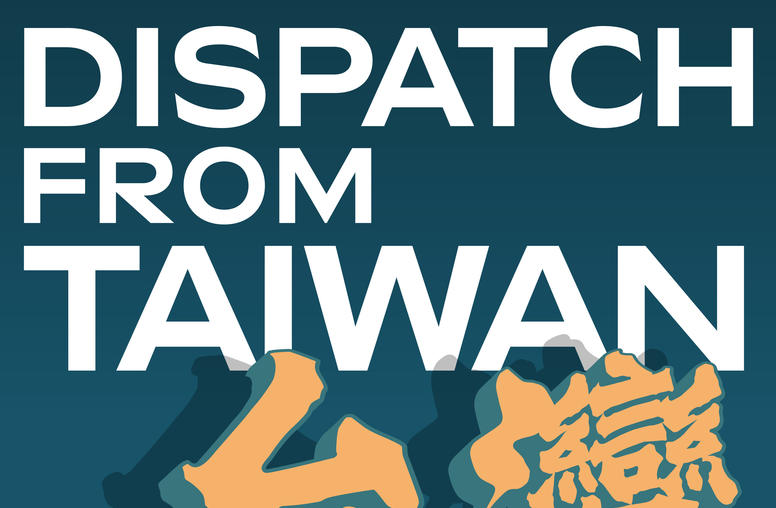
‘Silicon Shield’: Looking Beyond Semiconductors
Taiwan makes 65 percent of the world’s semiconductors and roughly 90 percent of the world’s most advanced computer chips. In this episode of "Dispatch from Taiwan," we look at what’s known as the “silicon shield,” its history, its substance, and how Taiwanese citizens view this critical industry. Most importantly, what’s the next big thing?

Keith Mines on Haiti’s Security and Governance Crises
Haiti’s slow decline has led the country to the brink of collapse. And while the international community has offered to help, “there’s just a lot of pieces … that haven’t come together yet,” says USIP’s Keith Mines, adding: “It probably will take a stronger lead by the United States” to restore security and governance.
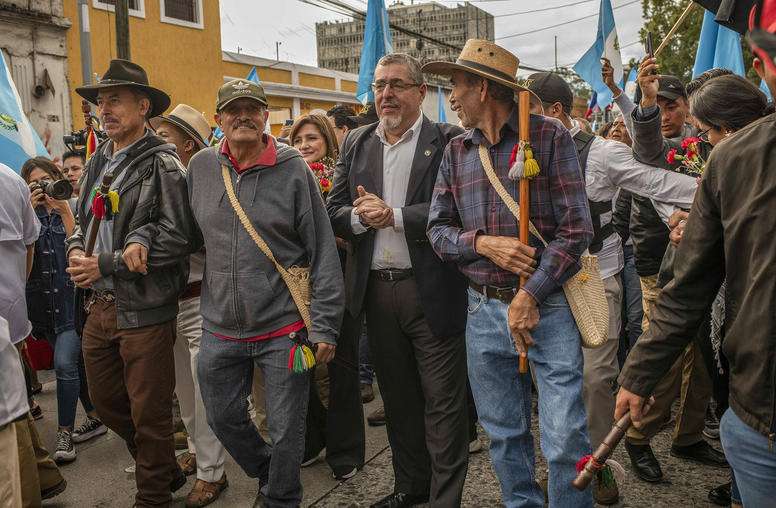
De Constructor de Paz a Presidente: los Desafíos que enfrenta Arévalo en Guatemala
El nuevo presidente de Guatemala, Bernardo Arévalo, ha desafiado repetidamente las expectativas: primero, al terminar inesperadamente en segundo lugar en la primera vuelta de las elecciones presidenciales el pasado junio; luego, al ganar la segunda vuelta por un amplio margen en agosto, y finalmente, al sobrevivir a una avalancha de retos legales antes de su toma de posesión el 14 de enero.

From Peace Builder to President: The Challenges Facing Guatemala’s Arévalo
Guatemala’s new president, Bernardo Arévalo, has repeatedly defied the odds: first by unexpectedly surging to second place in his country’s first-round presidential elections last June; next by winning the final round by a landslide in August, and then by surviving an onslaught of legal challenges in the run-up to his January 14th inauguration.

The 2021 India-Pakistan Ceasefire: Origins, Prospects, and Lessons Learned
The February 2021 ceasefire between India and Pakistan along the Line of Control in Kashmir has—despite occasional violations—turned into one of the longest-lasting in the countries’ 75-year shared history. Yet, as Christopher Clary writes, the ceasefire remains vulnerable to shocks from terrorist attacks, changes in leadership, and shifting regional relations. With the ceasefire approaching its third anniversary, Clary’s report examines the factors that have allowed it to succeed, signs that it may be fraying, and steps that can be taken to sustain it.

Economic Coercion: Diversifying and Derisking from China
China has a track record of banning products from Taiwan, including fish, alcohol, fruits and other agricultural goods. In this episode, we examine how China uses trade to try to influence Taiwan and how Taiwan pushes back.
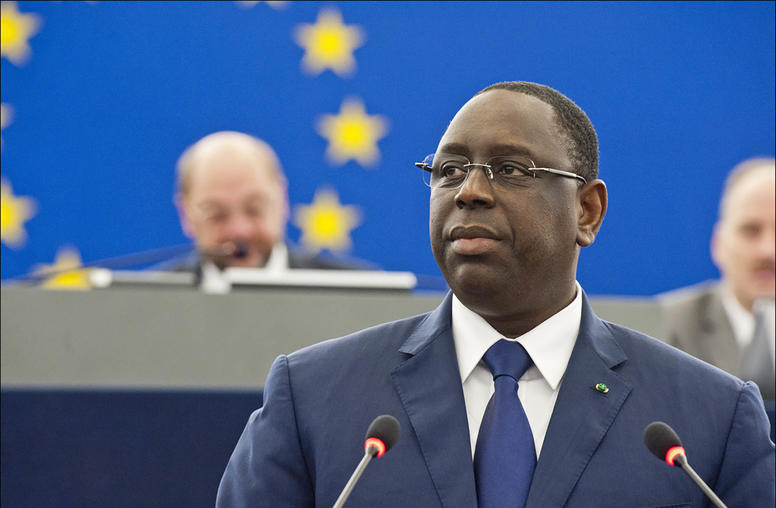
Suddenly, Senegal Is a New Risk for Democracy in Africa
The sudden actions by Senegal’s president to postpone this month’s presidential election by 10 months threaten to seriously undermine political stability and peace in a nation that has been a resilient democracy in West Africa, where multiple military coups d’état have occurred in recent years. This move poses risks of authoritarianism, violence and economic setbacks for Senegal’s 17 million people, and deeper regional insecurity. Friends of Senegal and democracy, in the United States, Africa and beyond, must unite behind the clear desire of Senegal’s people to maintain peaceful, freely elected democracy under its constitution.
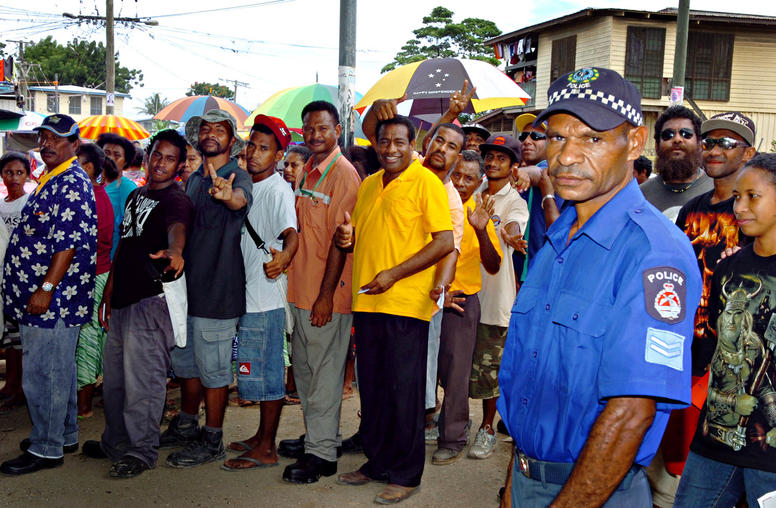
In the Pacific, Corruption and Poor Policing Open a Door to China
After the Pacific’s largest island nation, Papua New Guinea, recently suffered deadly rioting that included police, an official last week announced a Chinese offer to help strengthen its police force. That sequence exemplifies a rising challenge for democracy and stability in the Pacific: Many island nations suffer corruption and deficient policing that undermines the rule of law. This gap in responsive governance lets China seek influence through technical assistance drawn from its authoritarian model of policing. In response, democracies must reshape narrow, outdated approaches to security assistance.
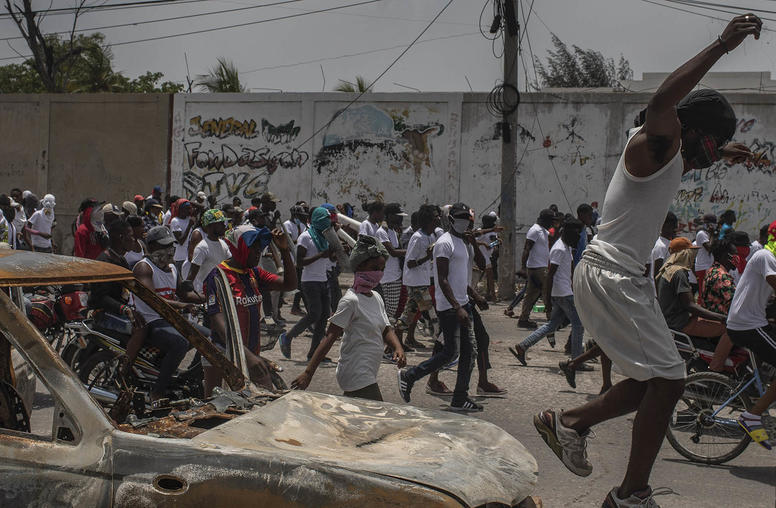
Comment sortir de l'impasse en Haïti
Après la série de crises liées à Haïti l'année dernière - un assassinat présidentiel, un tremblement de terre, une urgence migratoire a la frontière entre Mexique et des États-Unis et une consolidation dramatique de la violence des gangs - les décideurs internationaux ont été confrontés à la possibilité qu'Haïti se trouve dans les premières étapes d'une crise humanitaire à grande échelle. La nouvelle détérioration de la politique haïtienne au cours des premiers mois de 2022 n'a fait que confirmer que le pays a franchi cette sombre étape.
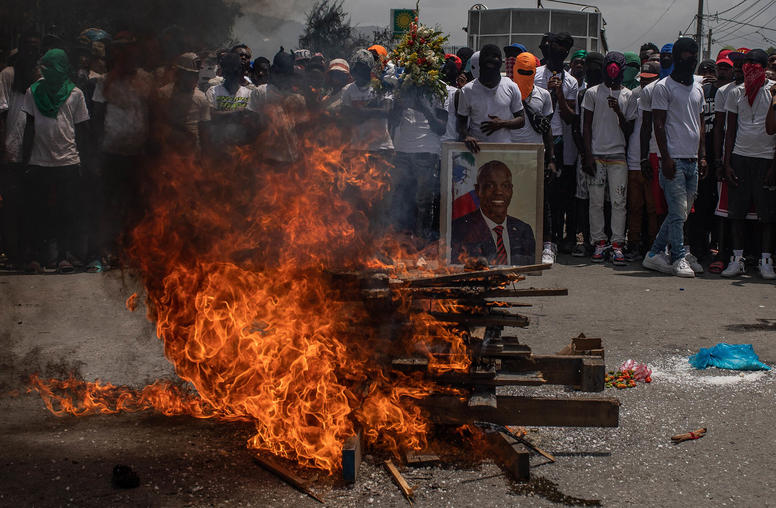
Wanted: A Reset of Haiti Policy
Haiti’s governance vacuum triggered by President Jovenel Moïse’s assassination in July 2021 shows few encouraging signs. Violence, notably around Port-au-Prince, has not only grown in lethality, but politically has become the central issue shaping domestic and international discussions. The imminent expiration of acting Prime Minister Ariel Henry’s term in office on February 7 means Haiti’s political crisis is on course to become more intransigent.